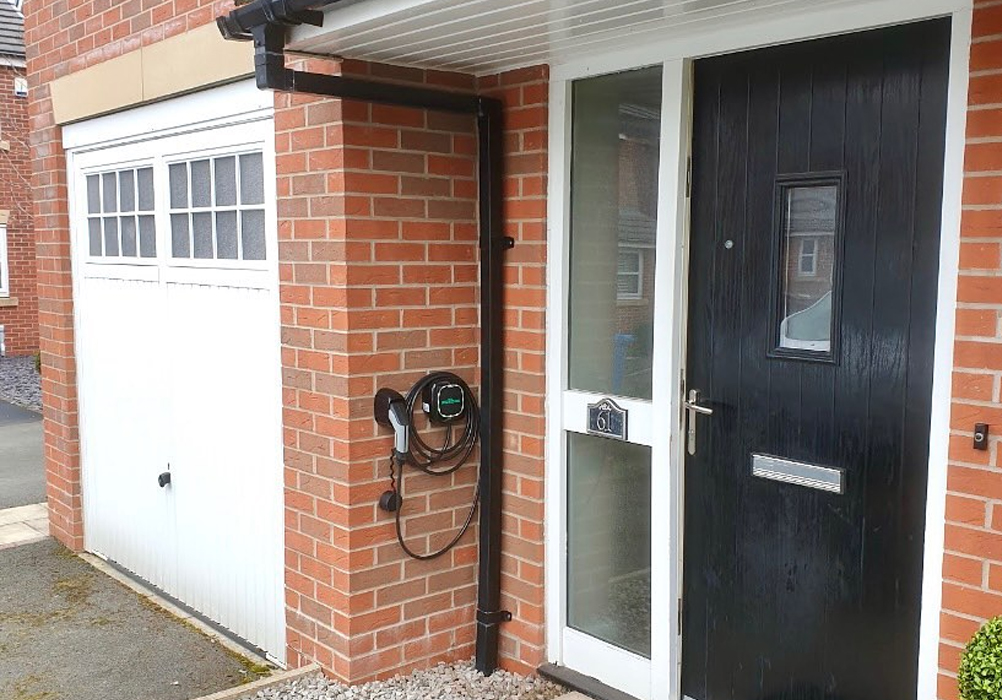According to recent research, there are over 20,000 public EV charging stations available across the UK today. And yet electric vehicle owners are often concerned about where and how they will charge their electric vehicles. In response, the UK Government has provided subsidies and grants that now make owning an electric vehicle more convenient than ever before.
The Electric Vehicle Homecharging Scheme (EVHS) was first launched in 2019 and provided electric vehicle owners with support for up to 75% of their EV charge point installation costs. The scheme has now been extended for another year with an additional boost of £50 million in funding. The scheme has been extended to cover leaseholders and renters, while small businesses (such as B&Bs) can now also benefit from the grant.
In addition to the EVHS, the UK Government has also extended the Workplace Charging Scheme (WCS) to charity organisations and SMEs. The increased funding is in accordance with the Government’s goal to have zero-net emissions in the UK by 2050.
So, how can you take advantage of the changes to the EVHS and WCS?
What is the EVHS Grant?
The EVHS grant is a government initiative that subsidises up to £350 of EV charge point installation costs.
There are no upfront costs relating to the grant when purchasing your EV charge point, as it’s paid by the government directly to your EV charge point supplier. The average cost of a home EV charger is roughly £800. It is your responsibility to cover any shortfall between the total cost of the unit and the grant.
Who is Eligible for the EVHS Grant?
Although the EVHS Grant still has strict requirements that your vehicle and property must meet, more categories of people are eligible for funding.
Electric vehicle requirements
To be eligible for the EVHS grant, you must be the primary leaseholder or owner of an electric vehicle purchased after the 1st of October 2016. Your electric vehicle should also be listed as an eligible vehicle on the official Office for Low Emission Vehicles (OLEV) list.
If you do not own an eligible vehicle at the time of application, you must prove that your vehicle will be delivered within four months of your EV charge point installation date.
Property requirements
OLEV has set clear guidelines for your property to be eligible for the grant. The grant only applies to existing properties and cannot be used for unoccupied properties or new-builds. You must be a resident at the property and provide permission from your landlord if you are a tenant.
Your property must have designated off-street parking. If the parking space is separate from your property, you will have to prove that you are legally entitled to the parking space. To be eligible, you should also have free access to the off-street parking space at all times.
Only residential properties owners or tenants that meet these requirements can apply for the EVHS grant. SMEs, charities, and other workplaces can use the WCS grant for EV charge point installation.
Home EV charger unit requirements
The EVHS grant will only apply if you have a smart EV charger. Smart EV chargers allow homeowners to future-proof their properties and increase the property’s overall resale value. The chargers are a convenient and efficient way to charge your electric vehicle, as they connect to your Wi-Fi network and can be controlled from your mobile device.
Why Choose Applegarth for EVHS Grant Assistance?
For your EVHS grant application to be successful, you must meet all of the requirements and submit the correct information to OLEV. To avoid disappointment, you should consult a government-approved EV charge point installation company, such as Applegarth.
Applegarth has been successfully assisting residential homeowners with their EVHS grants since the grant first became available. We specialise in renewable energy installations and provide expert advice on any of your EV charge point-related questions.
Contact us today on 0151 649 8350 or email us at info@applegarth.co.uk, and one of our team members will walk you through the OLEV grant application process.







